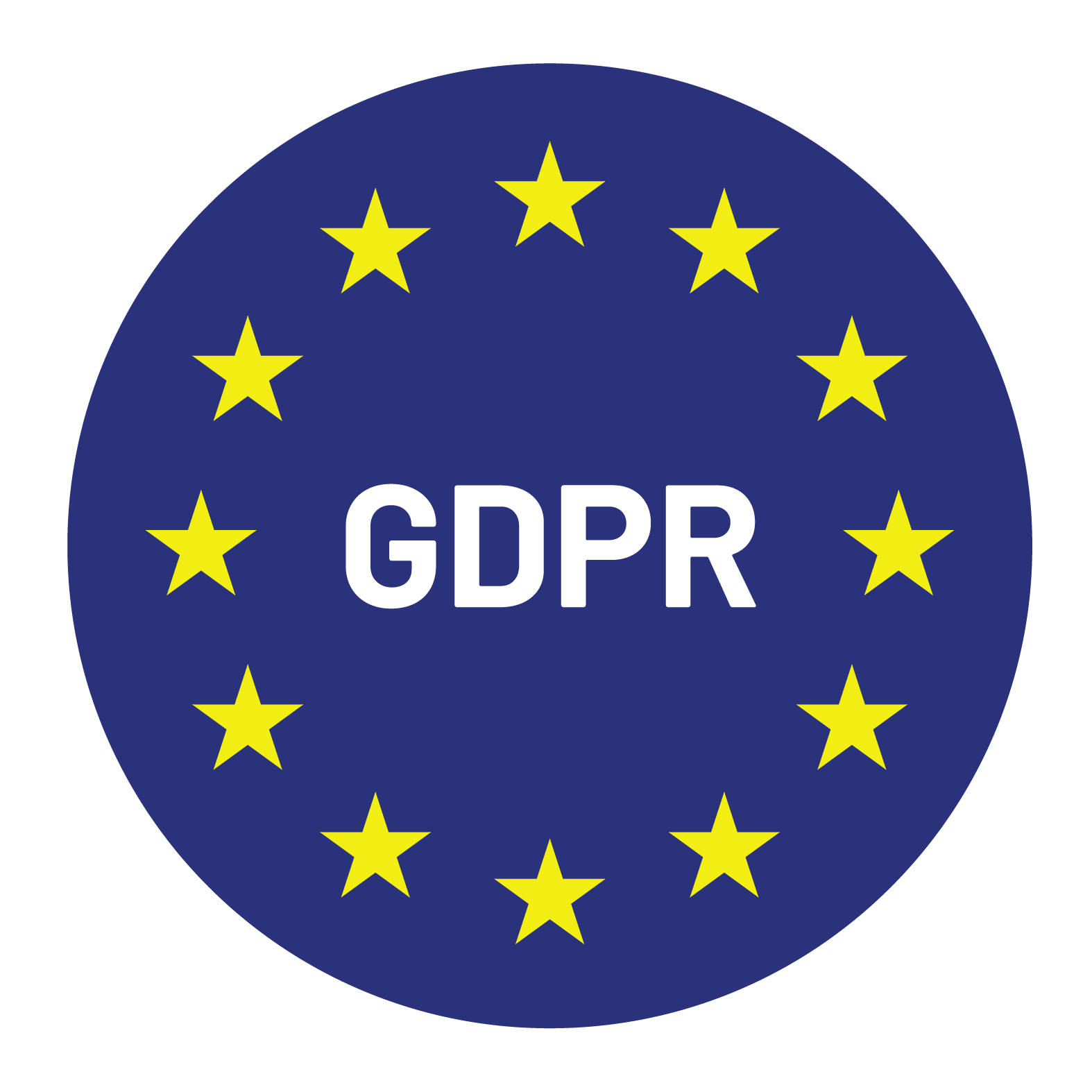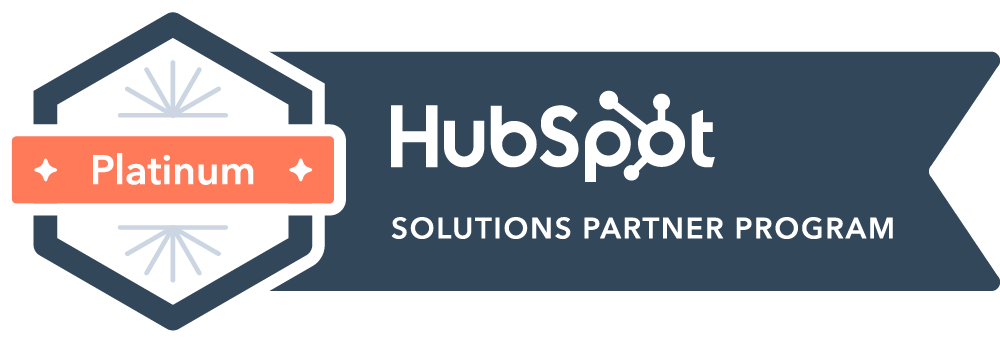

Marketing Coordinator for Whistle, passionate about content creation and over six years experience in digital marketing.
Successful lead generation requires businesses to constantly seek effective strategies to capture the attention of potential customers and convert them into valuable leads. Traditional mass marketing approaches are no longer effective enough in the current, highly personalized digital landscape. To stand out from the crowd and establish meaningful connections with prospects, organizations must embrace the power of personalization. In this blog post, we will explore the rising importance of personalization in lead generation and provide actionable insights on how to connect with prospects on a deeper level, ultimately driving higher-quality leads and improving conversion rates.
A well-functioning lead generation strategy is an essential catalyst for business growth, and in an increasingly competitive marketplace, businesses are realizing that personalized approaches have a significant impact on the efficacy of their lead-generation efforts. By implementing a targeted lead generation strategy, businesses can better engage their audience and attract prospects who are ready to buy. This can be achieved by creating compelling and personalized calls to action that resonate with the needs and desires of your target audience.
Traditional mass marketing techniques have limitations due to their lack of personalization, leading to low relevance, conversion rates, and missed opportunities. Generic messages that fail to resonate with individual prospects can be easily overlooked or disregarded. Tailored offers and content addressing specific needs and preferences are more likely to engage prospects and drive conversions. By adopting a targeted lead generation strategy with personalized marketing techniques, businesses can overcome these limitations and connect with highly targeted prospects on a deeper level, increasing relevance and conversion rates while maximizing opportunities for successful lead generation.
Personalized marketing in the lead generation process offers several key benefits. Firstly, it increases engagement with prospects as tailored content and messages address their individual preferences, needs, and pain points thereby capturing their attention and prompting action. This can be achieved by creating landing pages that highlight the value of the company’s product or service and include a compelling call to action. Secondly, personalized offers that resonate with prospects’ specific interests and needs lead to improved conversion rates, guiding them further along the buyer’s journey. Understanding the type of lead, whether they are at the awareness stage or ready to purchase, allows for more effective personalization. Lastly, personalized marketing enhances customer satisfaction by demonstrating an understanding of prospects’ unique challenges and providing tailored solutions, resulting in a positive experience, higher satisfaction levels, and increased customer loyalty.
Personalization during lead generation involves tailoring content, messaging and offers to suit the preferences and needs of individual prospects. This can be achieved through strategies such as developing buyer personas, creating customized content, implementing segmented email campaigns, and utilizing website personalization tools. By understanding the demographics, motivations, pain points, and preferences of target audiences, businesses can deliver relevant and valuable content that resonates with prospects. When you segment email lists based on the type of lead and personalize campaigns according to specific interests and needs, you enhance engagement. Implementing website personalization tools also guides prospects toward relevant information and encourages conversion.
Lead scoring is a crucial component of an effective lead management strategy in personalized lead generation. It involves assigning scores to leads based on specific criteria to determine their level of interest, engagement, and potential for conversion. This process enables businesses to prioritize their efforts and focus on the most promising leads, ultimately optimizing resources and maximizing the effectiveness of their marketing and sales efforts.
To implement lead scoring effectively, businesses need to identify the key metrics that align with their specific goals and objectives. These metrics can include factors such as lead demographics, engagement level, interactions with marketing content, website activity, and past purchase history. By defining these metrics and assigning corresponding weights or scores, businesses can create a systematic approach to evaluate and prioritize leads based on their likelihood to convert. This helps the marketing team focus their efforts on leads that show a genuine interest in your company’s products or services.
Segmenting leads based on their scores enables businesses to customize their communication and engagement strategies to maximize effectiveness. High-scoring leads, indicating a higher level of interest and engagement, can receive immediate and personalized follow-up with tailored messaging and offers that address their specific interests and needs. This targeted approach increases the likelihood of conversion and moves leads further down the sales funnel. For leads with lower scores, businesses can focus on nurturing them through content and interactions that gradually build trust and generate increased interest over time. By segmenting leads, businesses can deliver personalized communication that aligns with each lead’s scoring level, ultimately driving more meaningful connections and conversions.
Lead generation is the process of attracting prospects and converting them into valuable leads. To connect with prospects on a deeper level, businesses must first conduct thorough market research. This involves gathering data and insights about the target audience, industry trends, and competitors. By understanding the market landscape, businesses can gain valuable information to inform their lead generation strategies and tailor their approach to effectively engage their target audience.
One of the key outcomes of market research is the creation of buyer personas. Buyer personas are fictional, yet detailed, representations of your ideal customers. They are developed based on data, research, and insights gathered during the market research phase. These personas embody the demographics, behaviors, motivations, pain points, preferences, and goals of your target audience. The significance of buyer personas lies in their ability to humanize your target audience. They provide a deeper understanding of the individuals you are trying to connect with, allowing you to craft personalized and relevant messaging, content, and offers that resonate with their specific needs and interests.
Understanding the target audience through market research and buyer personas is crucial for the success of lead generation efforts, enabling businesses to engage prospects and empower their sales team with the knowledge needed to effectively connect with potential customers and convert them into valuable leads. This collaboration between market research, buyer personas, and the sales team ensures a strategic approach to lead generation, maximizing the chances of attracting and nurturing quality leads.
Creating relevant and valuable content is essential for connecting with potential customers on a deeper level. It involves implementing effective marketing strategies, conducting thorough market research, and defining buyer personas to understand the target audience’s demographics, interests, challenges, and goals. By tailoring content to different stages of the buyer’s journey, businesses can ensure that prospects receive the right information and guidance. This allows for personalized communication that resonates with their needs and positions the company as a trusted resource. Personalizing content delivery through automation tools and techniques empowers the marketing team to deliver tailored experiences based on individual interests and preferences.
Personalizing email campaigns and leveraging automation is crucial for effective communication with potential customers. This involves segmenting the email list based on relevant criteria, allowing for targeted emails with tailored content and offers. By understanding the different segments of their audience, businesses can craft personalized email messages that resonate with each group. Dynamic email content ensures that each prospect receives messaging customized to their interests, preferences, and stage in the buyer’s journey. Implementing automated email workflows delivers personalized messages at specific intervals or based on specific actions, nurturing leads and providing timely and relevant content. These techniques enhance engagement and increase the effectiveness of email campaigns in connecting with prospects on a deeper level.
By utilizing personalization in social media and targeted ads, businesses have the opportunity to deliver personalized messages to potential customers. This can be achieved through custom and lookalike audiences, leveraging social media platforms’ targeting features. By identifying the pain points, desires, and motivations of the target audience, businesses can craft ad content that directly addresses their needs. Retargeting campaigns help reach prospects who have shown interest, reinforcing messages and driving them back to the website. By incorporating personalization in these channels, businesses can effectively connect with potential customers on a deeper level, building trust, relevance, and engagement.
As an integral part of a successful lead generation strategy, implementing lead nurturing campaigns helps to build lasting relationships with potential customers. By segmenting leads based on their interests, demographics, and behaviors, businesses can personalize their communication and tailor their messaging to meet the specific needs and preferences of each segment. Delivering timely and relevant content, such as educational resources and industry insights, keeps leads engaged and establishes credibility. Utilizing marketing automation tools streamlines the lead nurturing process, enabling businesses to send personalized emails triggered by specific actions or time intervals.
Providing personalized recommendations and solutions is essential for establishing deeper connections with leads. By leveraging lead scoring and analyzing prospect behaviors and preferences, businesses can offer tailored suggestions that address their specific needs. Customized offers and upselling based on previous interactions and purchases enhance the prospect’s experience and provide added value. One-on-one interactions, such as personalized emails, phone calls, or meetings, demonstrate a commitment to understanding the lead’s unique requirements and foster a strong relationship. These personalized recommendations and solutions contribute to effective lead nurturing, building trust, and increasing the likelihood of conversions.
To effectively nurture a quality lead, it is crucial to address pain points and challenges. Active listening during interactions helps identify their specific needs, and customized solutions can be offered to directly address their pain points. Highlighting how your offerings solve their challenges and provide tangible benefits is essential. Tailoring your messaging to showcase the unique value proposition that meets their individual needs reinforces the relevance of your solutions. Providing continuous support throughout their buyer’s journey demonstrates a commitment to their success, building trust, and establishing long-term relationships.
To evaluate the effectiveness of personalized lead generation strategies, businesses must utilize metrics and analytics. By tracking conversion rates, engagement, and other relevant metrics, businesses can assess how effectively leads are being converted into customers and analyze prospect engagement throughout the sales funnel. This data provides valuable insights into the effectiveness of personalized communication and highlights areas for improvement.
Analyzing the impact of personalization on lead quality is crucial. By evaluating conversion rates, average deal size, and customer lifetime value of leads generated through personalized strategies, businesses can determine the effectiveness of their personalized approaches in driving higher-quality leads. This data helps businesses understand the type of lead that responds well to personalization and identify the prospects who are ready to make a purchase. By leveraging data-driven insights, businesses can continuously refine their lead-generation strategies. They can identify patterns, trends, and correlations to optimize their personalization efforts, ensuring ongoing improvement and success in driving higher-quality leads and improving overall conversion rates.
Traditional mass marketing approaches are ineffective in the highly personalized digital world. Personalization is key to successful lead generation today. When we embrace personalized strategies and leverage data and analytics, businesses can nurture quality leads, achieve higher conversion rates, and foster long-term relationships. For more on the latest personalization blogs, read here.


© Copyright – Whistle 2023